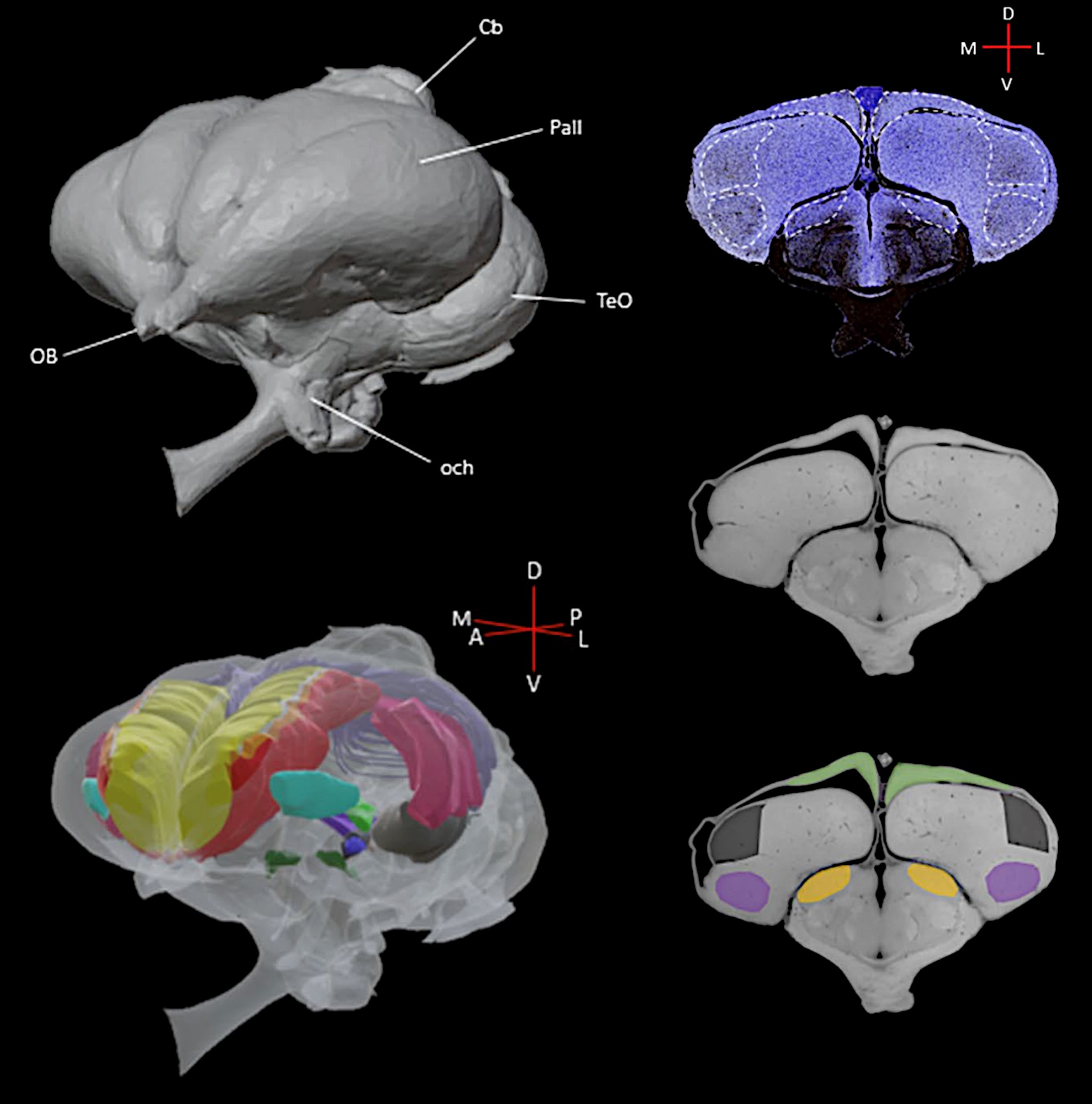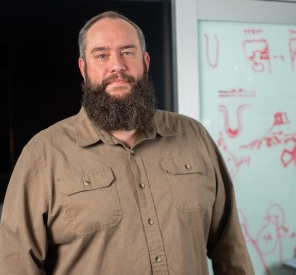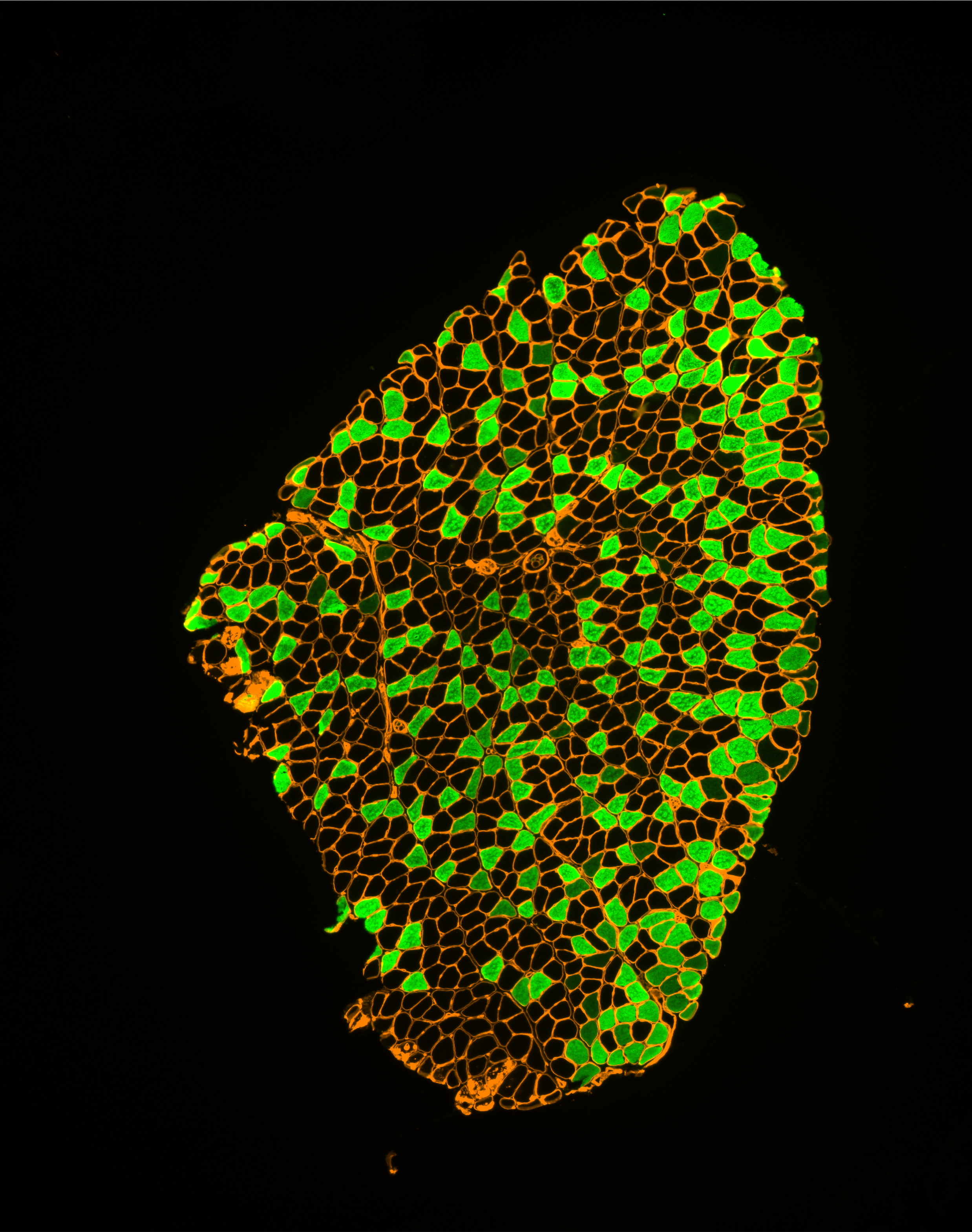-

Dr. Donata Vercelli was named a 2022 American Association for the Advancement of Science (AAAS) fellow


Amrita Vishwa Vidyapeetham University students can participate in a joint graduate degree program featuring coursework in Cellular & Molecular Medicine from UArizona—entirely in India.
Home
Message from the Interim Chair
Mission: To improve the quality of human life by advancing the understanding of health and disease through basic and translational research, and imparting this knowledge through medical and graduate training, in pursuit of better health for everyone.
The mission of the Department of Cellular and Molecular Medicine is achieved by providing pre- and post-doctoral, medical, graduate, and undergraduate education in an interdisciplinary environment through research activities, teaching, and service, to advance knowledge of biology as related to normal function and disease at the cellular and molecular level.
Recent Publications
-
Evaluation of Swab-Seq as a scalable, sensitive assay for community surveillance of SARS-CoV-2 infection.Author(s): H.J. Kang; S. Allison; A. Spangenberg; T. Carr; R. Sprissler; M. Halonen; D.A. CusanovichDate Published: 23 FEB 2022PMCID: PMC8866503 PMID: 35197492
-
Gene Expression Patterns Associated with Survival in Glioblastoma.Author(s): C. Morrison; E. Weterings; N. Gravbrot; M. Hammer; M. Weinand; A. Sanan; R. Pandey; D. Mahadevan; B. SteaDate Published: 2024 Mar 25PMCID: PMC11011684 PMID: 38612480
-
Differential landscape of immune evasion in oncogenic RAS-driven primary and metastatic colorectal cancers.Author(s): E. Lou; J. Xiu; Y. Baca; A. Saeed; A. Prakash; S. Gholami; S. Subramanian; T.K. Starr; E. Fontana; R. Pandey; H.J. Lenz; A.F. Shields; C. Nabhan; M. Oberley; A. Seeber; W. El-DeiryDate Published: 2024 Mar 21PMCID: PMC10963927 PMID: 38596288
-
Lmod2 is necessary for effective skeletal muscle contraction.Author(s): T.M. Larrinaga; G.P. Farman; R.M. Mayfield; M. Yuen; R.C. Ahrens-Nicklas; S.T. Cooper; C.T. Pappas; C.C. GregorioDate Published: 2024 Mar 15PMCID: PMC10936868 PMID: 38478604
-
Administration of a Bacterial Lysate to the Airway Compartment Is Sufficient to Inhibit Allergen-Induced Lung Eosinophilia in Germ-free Mice.Author(s): A.N. Michael; O. Pivniouk; P.C. Ezeh; S. Banskar; S. Hahn; A. DeVries; K. O'Connell; V. Pivniouk; D. VercelliDate Published: 2024 Mar 12PMID: 38470858
Recent News
 Neuron to organ-scale imaging tracks the complex visual circuits of bird brains
Neuron to organ-scale imaging tracks the complex visual circuits of bird brains
Apr 15 2024 - 3:00pmCMM Associate Professor Dr. Paul Gignac and colleagues integrate histological and diffusible iodine-based contrast-enhanced computed tomography (diceCT) to bring new insights into the anatomical and physiological organization of avian visual systems. Click to read more.
 Dr. Paul Gignac Awarded NSF Grant for Advancing 3D Digital Anatomy
Dr. Paul Gignac Awarded NSF Grant for Advancing 3D Digital Anatomy
Apr 2 2024 - 12:15pmAssociate Professor Paul Gignac in the Department of Cellular and Molecular Medicine and colleagues have been awarded a $2 Million NSF Cyberinfrastructure grant to develop a cloud-based, open-source platform for 3D digital anatomy research and education. The project marks a significant step towards enhancing collaborative scientific research and educational practices in the digital age. Click to read more.
 Cancer Research Spotlight: Curtis Thorne, PhD
Cancer Research Spotlight: Curtis Thorne, PhD
Mar 28 2024 - 11:00amThe lab of Dr. Curtis Thorne focuses on finding a cure for colorectal cancer. Dr. Thorne's lab was featured in a UArizona Cancer Center article and video. Click to read more.
 Researchers Discover Role of Lmod2 in Muscle Contraction
Researchers Discover Role of Lmod2 in Muscle Contraction
Mar 28 2024 - 10:00amPhD student Tania Larrinaga, under the mentorship of Drs. Carol Gregorio and Chris Pappas, was first author on a paper which explains the role of Lmod2, a critical actin filament length regulator, in muscle contraction. These findings have important implications for human health, suggesting that muscle function should be monitored in people with Lmod2 mutations. Click to read more.
Upcoming Events




